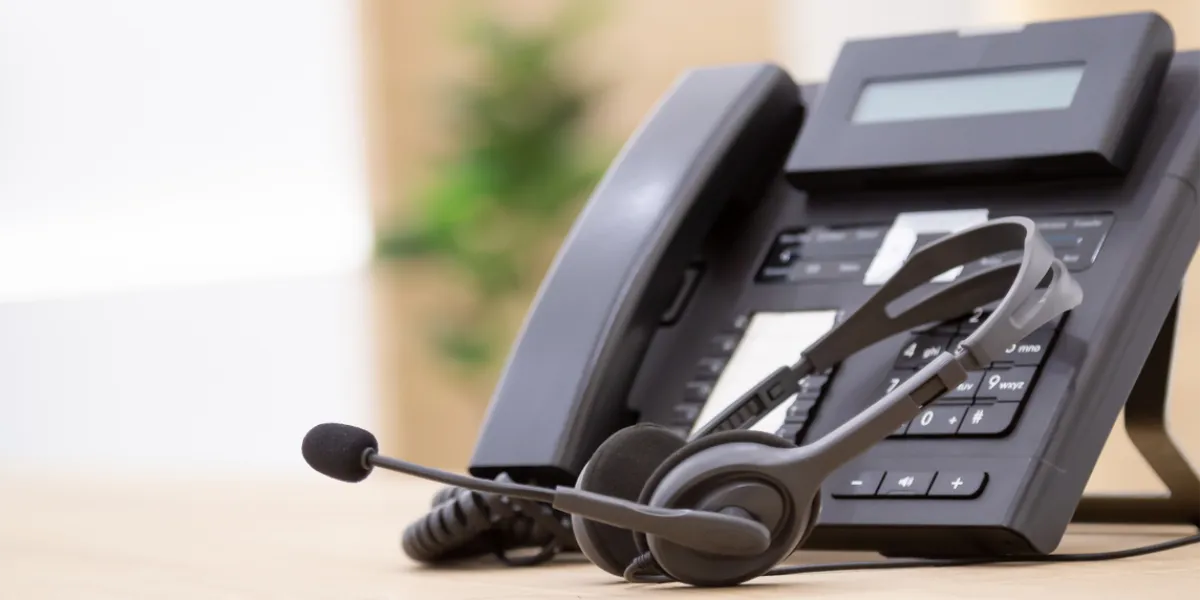If You Get an IRS Notice, Here’s What to Do
Each year the IRS mails millions of notices and letters to taxpayers. If you receive a notice from the IRS, here is what you should do:
Don’t Ignore It
You can respond to most IRS notices quickly and easily. It is important that you reply right away.
Focus on the Issue
IRS notices usually deal with a specific issue about your tax return or tax account. Understanding the reason for your notice is important before you can comply.
Follow Instructions
Read the notice carefully. It will tell you if you need to take any action to resolve the matter. You should follow the instructions.
Correction Notice
If it says that the IRS corrected your tax return, you should review the information provided and compare it to your tax return.
If you agree, you don’t need to reply unless a payment is due.
If you don’t agree, it’s important that you respond to the IRS. Write a letter that explains why you don’t agree. Make sure to include information and any documents you want the IRS to consider. Include the bottom tear-off portion of the notice with your letter. Mail your reply to the IRS at the address shown in the lower left part of the notice. Allow at least 30 days for a response from the IRS.
Premium Tax Credit
The IRS may send you a letter asking you to clarify or verify your premium tax credit information. The letter may ask for a copy of your Form 1095-A, Health Insurance Marketplace Statement. You should follow the instructions on the letter that you receive. This will help the IRS verify information and issue the appropriate refund.
No Need to Visit IRS
You can handle most notices without calling or visiting the IRS. If you do have questions, call the phone number in the upper right corner of the notice. You should have a copy of your tax return and the notice with you when you call.
Keep the Notice
Keep a copy of the notice you get from the IRS with your tax records.
Watch Out for Scams
Don’t fall for phone and phishing email scams that use the IRS as a lure. The IRS first contacts people about unpaid taxes by mail – not by phone. The IRS does not initiate contact with taxpayers by email, text or social media.
Additional IRS Resources:
- Tax Topic 651 – Notices – What to Do
- Tax Topic 653 – IRS Notices and Bills, Penalties and Interest Charges
- Understanding Your CP2000 Notice
(This is a reprint of Internal Revenue Service / SETT 2015-05)

